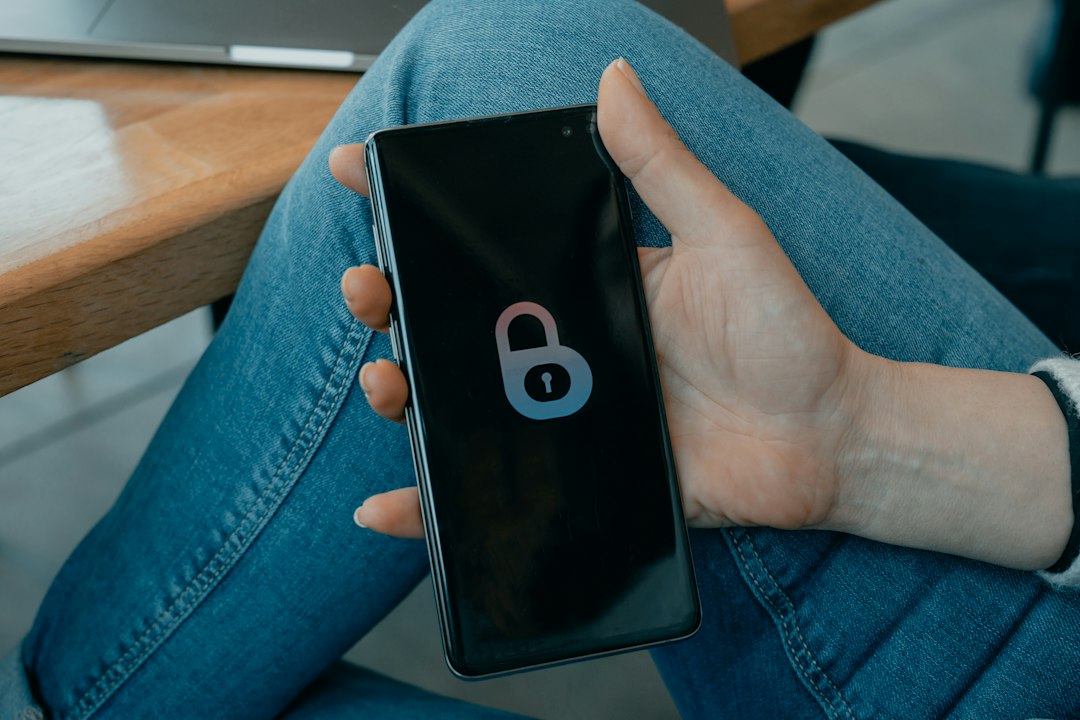Finland’s National Bureau of Investigation Traces Monero Transactions
The National Bureau of Investigation in Finland has reportedly made significant progress in tracing Monero (XMR) transactions as part of an ongoing investigation into the criminal trial of Julius Aleksanteri Kivimäki. Kivimäki stands accused of hacking a private mental health firm’s database and demanding ransom payments in cryptocurrencies.
New Evidence Reveals Crypto Trail to the Hacker’s Bank Account
According to local media reports, prosecutors unveiled new evidence on January 22nd, revealing a crypto trail that led to Kivimäki’s bank account. The alleged hacker had supposedly demanded 40 Bitcoin, equivalent to approximately 450,000 euros at the time, in exchange for not exposing records belonging to over 33,000 patients from psychotherapy service provider Vastaamo.
The Hacker Used Bitcoin and Monero to Conceal the Funds
Finnish police claim that the hacker received payments in Bitcoin, sent the funds to a non-compliant Know Your Customer (KYC) exchange, converted them into Monero, and then transferred them to a dedicated Monero wallet. Subsequently, the funds were reportedly sent to Binance, where they were exchanged for Bitcoin once again before being moved to various other wallets.
Monero’s Privacy Features Make It Difficult to Trace
Monero is well-known for its strong privacy features, with its official webpage claiming it to be “untraceable.” The cryptocurrency employs privacy-enhancing technologies such as Ring Confidential Transactions (RingCT), ring signatures, and stealth addresses. These features mix users’ transactions, obscure the true source of funds, and conceal the sender’s identity by presenting them as part of a group of possible senders.
Authorities Worldwide Scrutinize Anonymous Cryptocurrencies
The ability of Monero and other anonymous cryptocurrencies to completely anonymize users has attracted scrutiny from authorities worldwide. In 2019, France’s National Assembly’s Finance Committee proposed a ban on anonymous cryptocurrencies, including Monero, citing concerns about bypassing identification procedures. The Internal Revenue Service (IRS) in the United States has also closely examined Monero, offering a bounty for anyone who could break its purportedly untraceable privacy features.
Ransomware Attackers Increasingly Demand Payments in Monero
Ransomware attackers are increasingly asking for payments in privacy coins like Monero. CipherTrace data revealed that at least 22 ransomware groups accept only XMR, while another seven accept both BTC and XMR. Cybercriminal hacking group DarkSide, known for attacking Colonial Pipeline, accepts payments in both BTC and XMR but charges a higher premium for BTC payments.
Hot Take: Finnish Authorities Make Breakthrough in Tracing Monero Transactions
Finnish authorities have made significant progress in tracing Monero transactions related to a high-profile hacking case. The alleged hacker demanded ransom payments in Bitcoin, which were then converted into Monero to conceal the funds. This breakthrough highlights the challenges faced by law enforcement agencies when investigating anonymous cryptocurrencies like Monero. While Monero’s privacy features make it difficult to trace transactions, they have also attracted scrutiny from authorities worldwide. Ransomware attackers are increasingly demanding payments in Monero, further highlighting the need for effective measures to combat cybercrime involving anonymous cryptocurrencies.





 By
By
 By
By

 By
By
 By
By
 By
By